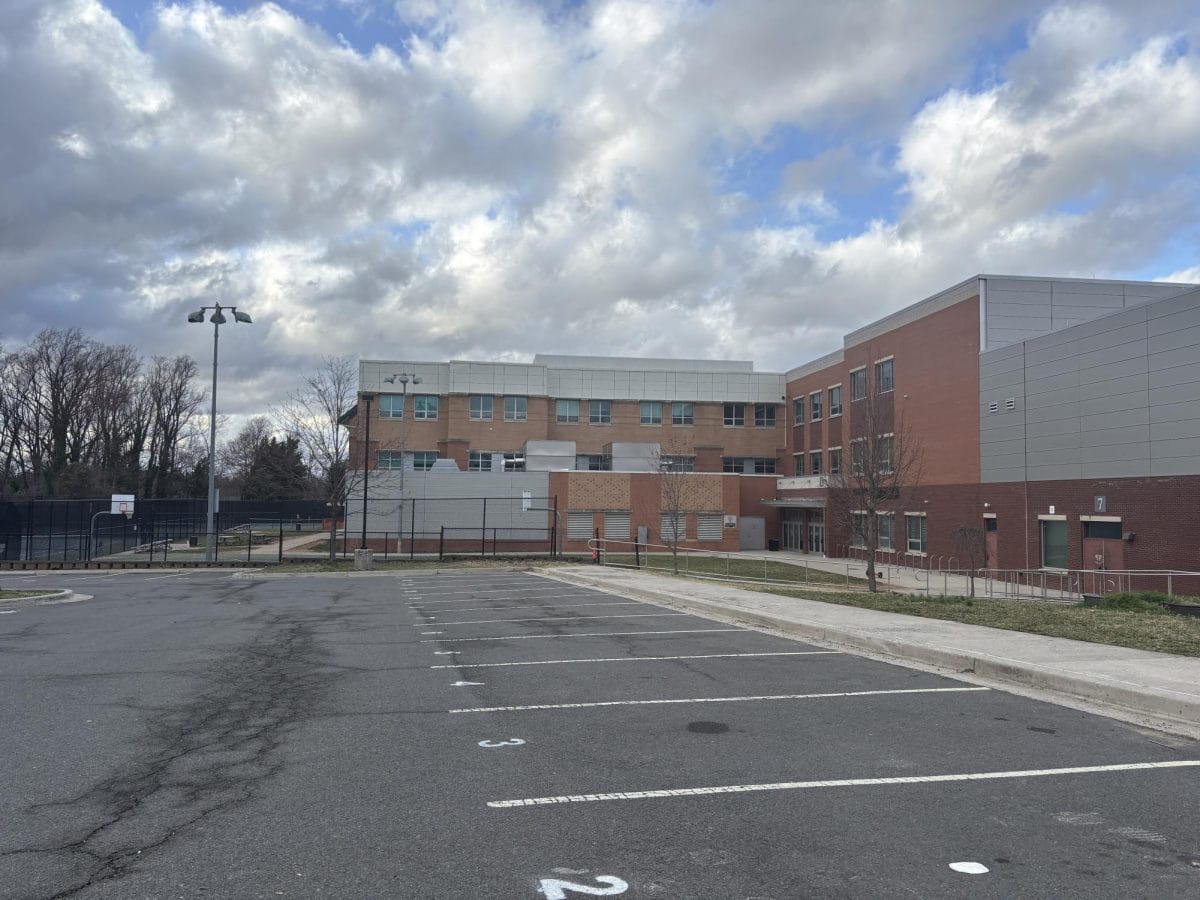The phrase “I am socially liberal but fiscally conservative” is becoming the modern-age “I am not racist, but….” This slogan is being heavily perpetuated over social media following months of protests calling for systematic equality. It allows conservatives to sleep at night without the guilt of immorality weighing heavily on their conscience. Yet, social issues are inherently economic. To wear this so-called badge of honor is to be willfully ignorant of the undeniable relationship between social justice and fiscal policy.
Social liberalism is the philosophical belief that, through market and government solutions, decades of institutionalized inequality can be dissolved. This means the government must play a larger role in the economic market. On the other hand, fiscal conservatism primarily advocates for low taxes, laissez-faire government and deregulation of the private sector. By definition, being socially liberal but fiscally conservative is a direct oxymoron.
This position uses evasive wording to mask its true meaning: indifference. It has become increasingly clear that the solution to social issues is a blend of economic and governmental intervention. Yet, this can only occur by going against fiscal conservatism. Economic intervention requires an increase of governmental income, which would come to fruition by virtue of higher taxes. Without progressive funding, there is no social progress.
The impact of economics on social issues is undeniable. Conservative government officials regularly reject social welfare policies like Medicaid and food stamps, impeding societal progression. These programs and others are not only necessary in the fight for social justice but the only way to ensure equality. To voice support for social movements, but not the fiscal policies that progress them, is performative activism at best.
The Masterpiece Cakeshop v. Colorado Civil Rights Commission Supreme Court case thoroughly illustrated the cognitive dissonance of social liberalism, fiscal conservatism. The 2018 case centered around a bakery’s refusal to bake a cake for an LGBTQ+ wedding under the guise of religious beliefs. The court ultimately sided with the bakery. This case directly challenged this passive ideology. The socially liberal argument was obvious; discrimination on the basis of sexuality should not be legal no matter the circumstance. Yet, conservatives viewed this scenario as an infringement of their first amendment right to freedom of religion. This case directly put liberalism and conservatism head to head, showing they can not co-exist.
The Supreme Court case was bigger than a cake. It maintained the legal discrimination of the LGBT+ community in the marketplace further proving the systematic inequality present in the United States. Thus, it is ignorant to believe the invisible hand will correct the market inequality alone—a conservative belief—when even government intervention strengthened the status quo. This is also not a unique scenario. Federal involvement has consistently exacerbated inequity in the US. Take Jim Crow, Nixon’s war on drugs, and redlining, all once legal, created a system of cyclical poverty and the subjugation of people of color. These mechanisms of economic oppression continue to loom over minorities and can only be overturned by equal but opposite government action.
While socially liberal, fiscally conservative may encompass the belief of many young conservatives, it derives solely from ignorance. The delusion that social progress can be attained without economic intervention is naive at best. As the tension in the American economic and political climate rise, this position will no longer suffice in the progressive space.







































